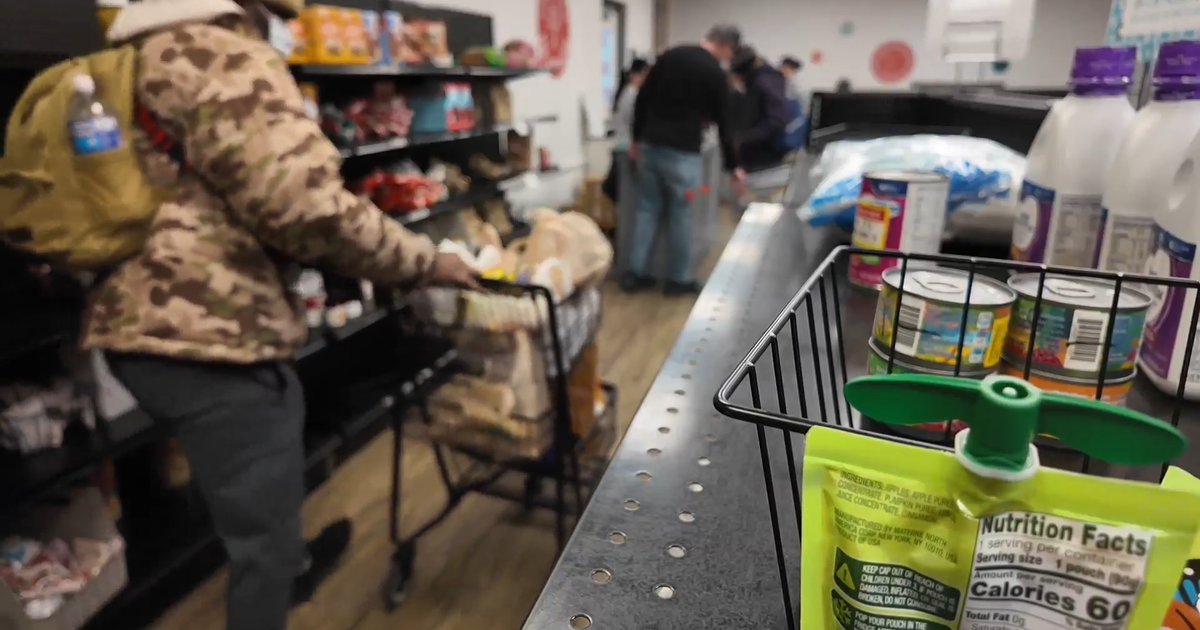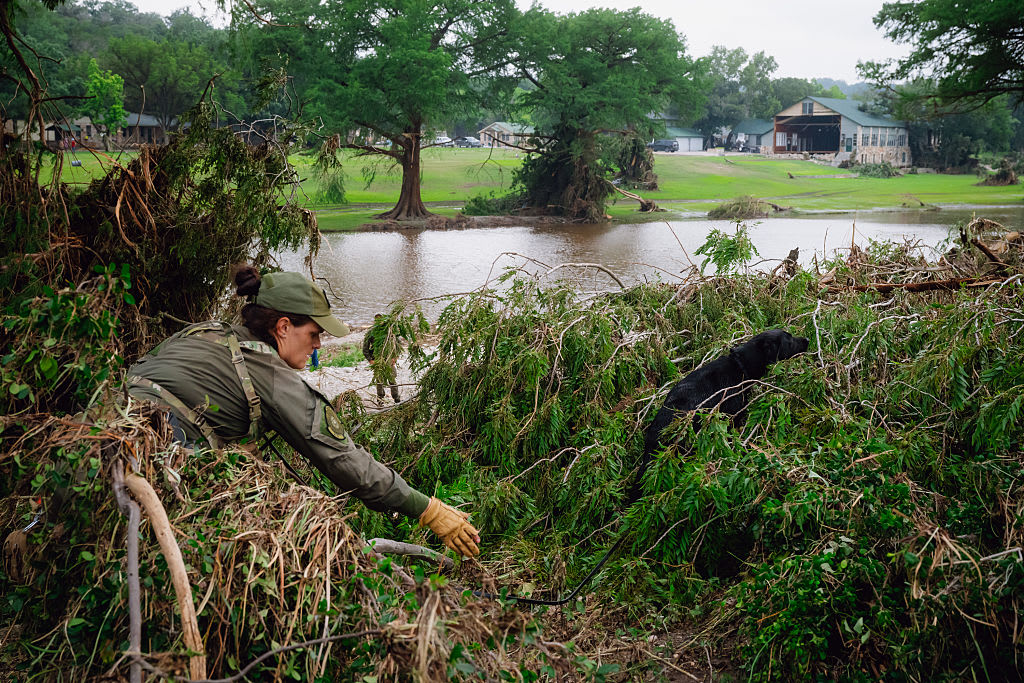Oyster shortages loom after record floods: "Never been this bad"
- Flooding by the Mississippi River this spring is wreaking havoc in oyster production in the Gulf of Mexico.
- The Gulf region is the biggest source of oysters in the U.S., accounting for 51% of the country's supply.
- Heavy rains have also depleted oyster populations in the Chesapeake Bay, which has sent prices up 12%.
Heavy flooding by the Mississippi River earlier this year, along with other extreme weather around the U.S., is wreaking havoc on oyster beds along the Gulf of Mexico and pushing up prices for the delicacy.
One Louisiana restaurant chain, the Acme Oyster House, temporarily stopped serving raw oysters because of the shortage, according to local publication Nola.com. "If we can't get Louisiana oysters, we're not going to serve raw oysters at all," Acme CEO Paul Rotner told the outlet.
Heavy flooding in the Midwest this spring, along with other extreme weather events, has been linked to climate change. Records show that, since the early 1900s, annual precipitation has risen 15% to 20% in the Upper Midwest. The region, along with areas around the Great Lakes and the Northeast, is projected to see the greatest increase in precipitation.
The Gulf region is the country's biggest source of oysters, accounting for 51% of U.S. supply. The South Atlantic and Middle Atlantic regions produce far less, at 17% and 15% of total oyster production, respectively, according to the National Marine Fisheries Service.
Last month, the U.S. Commerce Department declared that fisheries along the Gulf Coast had suffered a disaster due to spring flooding, opening up disaster relief funds to the industry.
The oyster shortage stems from the Mississippi's flooding, which prompted the U.S. Army Corps of Engineers to open the Bonnet Carré Spillway, a flood control operation north of New Orleans. Although that helped avert levee failures, it pushed fresh water into oyster breeding grounds. Oysters thrive in slightly saline water — any imbalance in that environment can damage their health or even wipe them out.
The decrease in the water's salinity around Louisiana oyster beds proved deadly for many of the shellfish. Louisiana Governor John Bel Edwards wrote in a June letter to the Commerce Department that oyster fisherman were reporting 50% to 100% mortality rates in their oyster reefs.
"The salinity was down to such a level that the oysters just couldn't handle it," Patrick Banks, the assistant secretary at the Louisiana Department of Wildlife & Fisheries, told CBS MoneyWatch. "You'll see a variety of responses at the consumer level, anywhere from paying a very high price to, in some cases, not even having oysters available."
It could take between four to five years for the oyster reefs to recover fully, Banks said. "And that's assuming conditions are good," such as no major disasters like a hurricane or another flood during that time, he added. Climate change "does worry us quite a bit if these types of drastic impacts are going to occur with more frequency, especially because with oysters, it takes several years for the animal to rebound."
It's not only Gulf oyster fisheries that are having a rough year: Chesapeake Bay fishermen have also reported declines in oyster harvests due to heavy rains that lowered the bay's salinity. Already, oyster prices from the Mid-Atlantic are at a 52-week high, at $98 a gallon, or about 12% higher than a year ago, according to SeafoodNews.com.
One oyster fisherman told trade publication National Fisherman that his Louisiana business lost as much as 90% of its crop.
"My farm has probably lost $30 million to $40 million in product," the oyster fisherman, Brad Robin, told the publication. "It's going to take three years to get our investment back. In the history of my business, it has never been this bad."





